The first volume in the South Asian Peace Studies series had advanced a general understanding of the nature of peace as a political problematic. This volume, the second, continues with the inquiry, looking at the political question of peace from three perspectives: the process of peace; the contentious issues involved in the peace process; and the ideologies that come in conflict in this process. Arguing that peace is not a one-time event to be achieved and rejoiced over but a matter to be sustained against various odds, the contributors show tat the sustainability of peace depends on a foundation of rights, justice, and democracy. Peace accords, they maintain, are only a moment in the process-the very act of signing an accord could mark either a continuation of the same conflict, or simply its metamorphosis. Therefore, as this volume shows, “negotiation†should be redefined as “joint problem-solving†on a long-term sustained basis, rather than “one-off hard bargaining.†While positing peace as a universal value, this book locates it in the specifics of both the internal and international contexts of South Asia, and provides a useful morphology of violence and conflicts. It also raises the question: How gender equitable is the peace we seek to achieve? Critiquing the dominant principles and protocols of peace accords and peace processes of the region, this volume also reinforces the importance of dialogue in the democratic theory of peace. It will attract the attention of students and scholars of political science, international relations, conflict resolution and defence studies, anthropology, and political philosophy. It will also be of interest to human rights lawyers, activists, and NGOs.
In Diasporic Lands: Tibetan Refugees and Their Transformation Since the Exodus
A large number of Tibetans ...
$46.80
$52.00

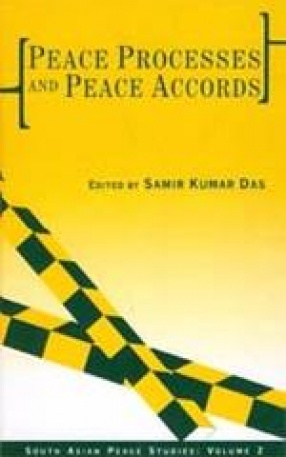
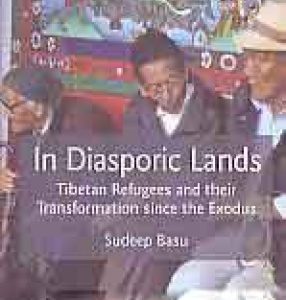
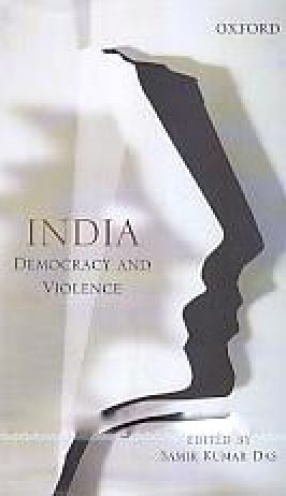
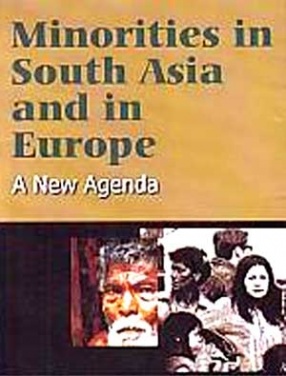


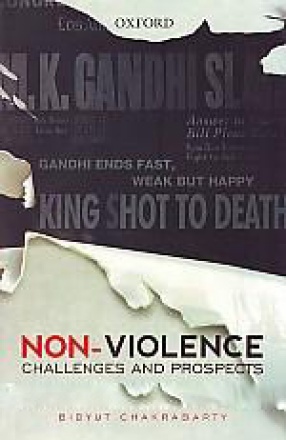
There are no reviews yet.